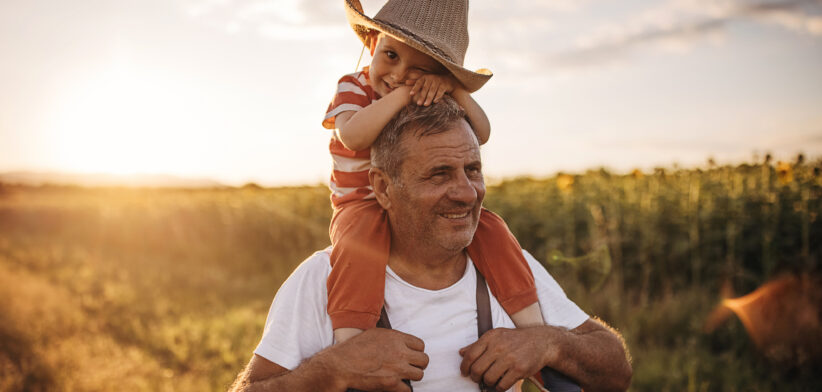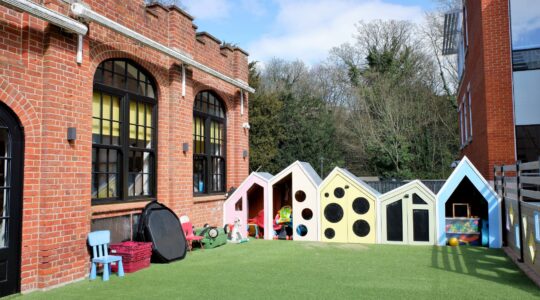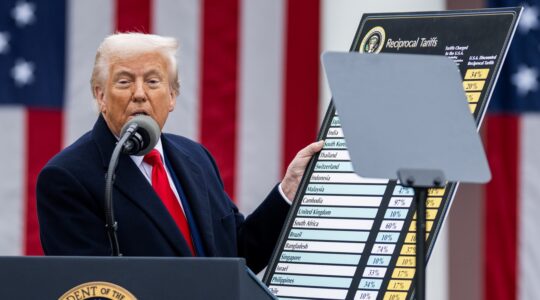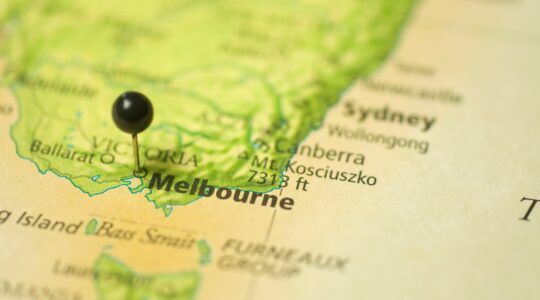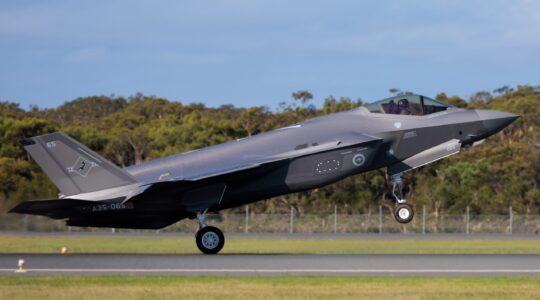By Shane Rodgers
When I was growing up, the term “Australiana” was used a lot. Back then it seemed a useful way to describe the potpourri we called Australian culture.
Somehow, our deeply spiritual indigenous past, our more recent battle to tame a sunburnt country and our mixed mass of “new Aussies” all seemed comfortable under that word.
We were united by a common desire to build a life in one of the world’s great countries, regardless of how we came to be here.
We were a little bit Bondi, a little Uluru. We were a little bit lazy afternoons at the pub, a little bit Chinese takeaway for dinner, and a little bit Sunday best.
Most of us lived in the city, but part of our hearts dwelled in the bush, and even the outback (whether we had been there or not).
We gave our politicians hell, but deep down we respected what they were trying to do. We gently niggled each other, but we also supported our extended nation of mates when the chips were down.
Whatever our views, the nation rested comfortably on the notion that everyone deserved a fair go.
As I was driving on the weekend, and listening to the song Great Southern Land by Icehouse it struck me that the traditional notion of Australiana no longer feels all pervasive.
In fact, as a country we seem to have entered a new phase in which we are struggling with our national identity. We are somehow trying to reconcile all the rough edges of our past before we can find a narrative for our present, and a story to define our future in a way that unites us.
This discussion is important, and I’m not sure we are really having it.
Our sense of Australiana is what sets us apart. While we are far from perfect as a nation, at our core Aussies have strong values and our country remains the envy of much of the world.
Without embracing who we really are – all of our history and all of our people – we run the risk of just being a branch-office country. We will have a bit of everything, franchised everywhere, but nothing that truly defines us in our own right.
Even our stories run the risk of sounding like “everything everywhere all at once” rather than being quintessentially us.
Aussie music has been brilliant over the years at capturing our eclectic mix.
Besides Great Southern Land, Gang Gajang’s Sounds of Then, Christine Anu’s My Island Home, The Seekers with We are Australian, Down Under by Men at Work and even Slim Dusty’s Pub with no Beer found a way to soak up our whole sense of Australia like a piece of bread on the last gravy.
John Williamson’s True Blue was an interesting attempt at articulating a sense of country that we were losing – but we didn’t really know how or why.
“Hey true blue, don’t say you’ve gone. Say you’ve knocked off for a smoko and you’ll be back later on.”
Television also has a strong history of capturing our Australian-ness. But only last week a study by QUT revealed that Australian television drama hours have dropped 55 percent since the early 2000s.
Plenty of filming is happening here but the stories are not necessarily ours.
I used to think that culture was what we had left when the words were cleared away for the night.
Increasingly I think the words themselves are where we find our cultural narrative. Without new ways to embrace Australiana 2024, we may steadily lose something without ever really knowing what it was.
Shane Rodgers is the author of Worknado – Reimagining the way you work to live and Tall People Don’t Jump – The curious behaviour of human beings.
